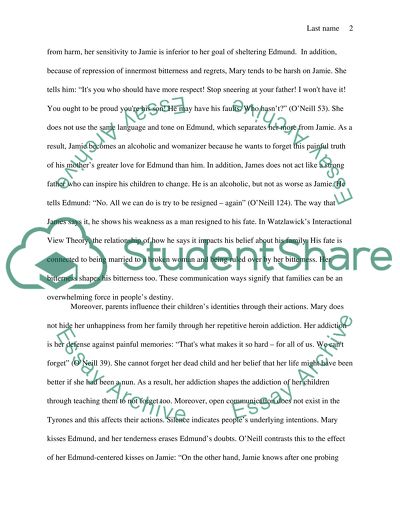Cite this document
(“Family as Destiny in ONeills Long Day's Journey into Night Essay”, n.d.)
Family as Destiny in ONeills Long Day's Journey into Night Essay. Retrieved from https://studentshare.org/literature/1477385-literary-research-essay
Family as Destiny in ONeills Long Day's Journey into Night Essay. Retrieved from https://studentshare.org/literature/1477385-literary-research-essay
(Family As Destiny in ONeills Long Day'S Journey into Night Essay)
Family As Destiny in ONeills Long Day'S Journey into Night Essay. https://studentshare.org/literature/1477385-literary-research-essay.
Family As Destiny in ONeills Long Day'S Journey into Night Essay. https://studentshare.org/literature/1477385-literary-research-essay.
“Family As Destiny in ONeills Long Day'S Journey into Night Essay”, n.d. https://studentshare.org/literature/1477385-literary-research-essay.


